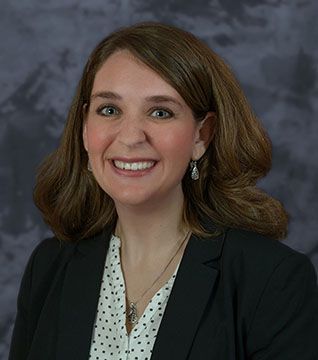Today marks a significant milestone for contraceptive equity in America: 22 years ago, the Food and Drug Administration approved emergency contraception brand, Plan B, for prescription use. While contraceptive access and technology have evolved in the decades since then, recent ideological attacks on emergency contraception — and other methods of birth control — in the state legislature demonstrate just how far we still have to go to realize contraceptive equity in Missouri.

Emergency contraception (EC) like Plan B is vital. It is the only form of birth control that can be taken after unprotected sex or if another method of birth control has failed. It is safe, extremely effective when taken within a certain window, and can be a lifeline for those seeking to prevent pregnancy. But just as the name suggests, emergency contraception is urgent, and unobstructed access to it is critical.
Missouri law and policy, however, does little to make emergency contraception available, especially to those who need it most or face the most challenges to access it. Missouri pharmacies are not required to stock any prescription or non-prescription drugs.
That means obtaining Plan B from a pharmacist, whether by prescription or over the counter, is not guaranteed for any Missourian — made even more difficult for those in rural areas where pharmacies are limited or for people with low income who already experience additional barriers to care. This is another example of systemic inequity that must be dismantled.
Thankfully, Missourians both urban and rural, in all corners of the state, can access the full range of contraceptive methods either at Title X health centers or those participating in The Right Time initiative.
Survivors of sexual assault in Missouri especially deserve unimpeded access to emergency contraception — a need Rep. Ian Mackey has championed in the legislature. His “Compassionate Assistance for Rape Emergencies (CARE) Act,” filed multiple years, seeks, among other things, to require emergency rooms to offer and provide emergency contraception to those who want it.
Perhaps more troublesome than making EC more available in Missouri, though, is decision-makers understanding — and accepting — what it is and what it is not.
During the regular legislative session, the now-infamous Wieland amendment attached to the federal reimbursement allowance (FRA) purposely and irresponsibly conflated birth control methods, including EC, to abortifacients. Let’s again be crystal clear: Abortifacients end a pregnancy, and birth control, including EC, prevents a pregnancy from occurring. They are not the same thing — just ask the American College of Obstetricians and Gynecologists or any family planning provider in Missouri.
We are grateful for the Senate champions who ushered in a bipartisan solution on the FRA — a solution that rightfully preserved Medicaid recipients’ access to emergency contraception and other methods of birth control. This legislative year was no doubt an opportunity to educate lawmakers and the public alike on the science and importance of EC.
But 22 years later, everyone should have unconstrained access to all forms of contraception, including EC, regardless of where they live, how much money they make, or what quackery members of their legislature believe. Birth control is basic health care and it should not be used as a legislative bargaining chip; it should be celebrated for the transformative impact it has on people’s lives and made universally available. Emergency contraception is a birth control heavyweight deserving of its own celebration — today and every day. Happy Birthday, Plan B.

Michelle Trupiano is the executive director of Missouri Family Health Council, Inc., which administers the Title X and The Right Time family planning programs, and provides funding, training, and advocacy to 85 reproductive health clinics across the state.






